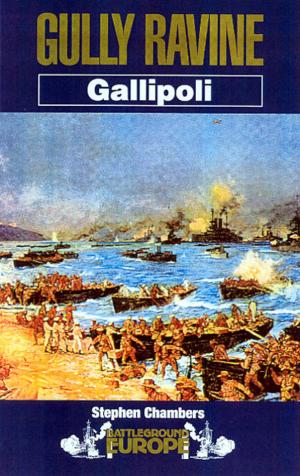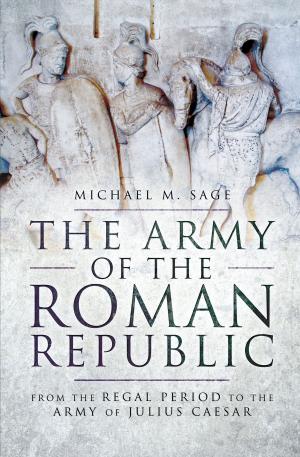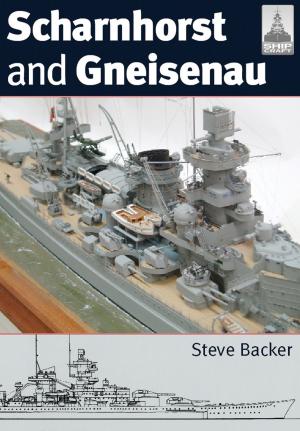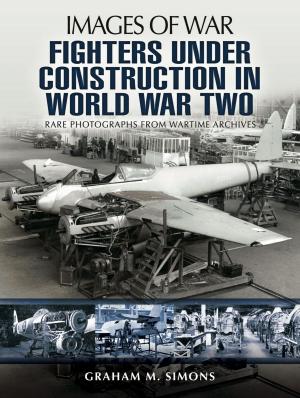From Warsaw to Rome
General Anders' Exiled Polish Army in the Second World War
Nonfiction, History, Military, World War II| Author: | Martin Williams | ISBN: | 9781473894907 |
| Publisher: | Pen and Sword | Publication: | April 30, 2017 |
| Imprint: | Pen and Sword Military | Language: | English |
| Author: | Martin Williams |
| ISBN: | 9781473894907 |
| Publisher: | Pen and Sword |
| Publication: | April 30, 2017 |
| Imprint: | Pen and Sword Military |
| Language: | English |
In May 1944, 40,000 Polish soldiers attacked and captured the hilltops of Monte Cassino, bringing to a close the largest, bloodiest battle fought by the western Allies in the Second World War. Days later the Allied armies marched into Rome seizing the first Axis capital.
No-one in 1939 could have foreseen an entire Polish Corps engaged on the Italian Front. Most had been held prisoner in the USSR following Polands defeat and their release by Stalin was only achieved through the intense negotiations of British and Polish politicians generals, notably Sikorski and Anders,. The Polish Army was evacuated to Iran in 1942 and subsequently incorporated into the British Army as the Polish II Corps. Their ultimate postwar fate was shamefully ignored until too late.
This book, which charts the extraordinary wartime story of the exiled Polish Army in the east, makes extensive use of undiscovered archive material. It reveals in depth the relations between the British and Polish General Staffs and the never ending hardships of the Polish soldiers.
In May 1944, 40,000 Polish soldiers attacked and captured the hilltops of Monte Cassino, bringing to a close the largest, bloodiest battle fought by the western Allies in the Second World War. Days later the Allied armies marched into Rome seizing the first Axis capital.
No-one in 1939 could have foreseen an entire Polish Corps engaged on the Italian Front. Most had been held prisoner in the USSR following Polands defeat and their release by Stalin was only achieved through the intense negotiations of British and Polish politicians generals, notably Sikorski and Anders,. The Polish Army was evacuated to Iran in 1942 and subsequently incorporated into the British Army as the Polish II Corps. Their ultimate postwar fate was shamefully ignored until too late.
This book, which charts the extraordinary wartime story of the exiled Polish Army in the east, makes extensive use of undiscovered archive material. It reveals in depth the relations between the British and Polish General Staffs and the never ending hardships of the Polish soldiers.















